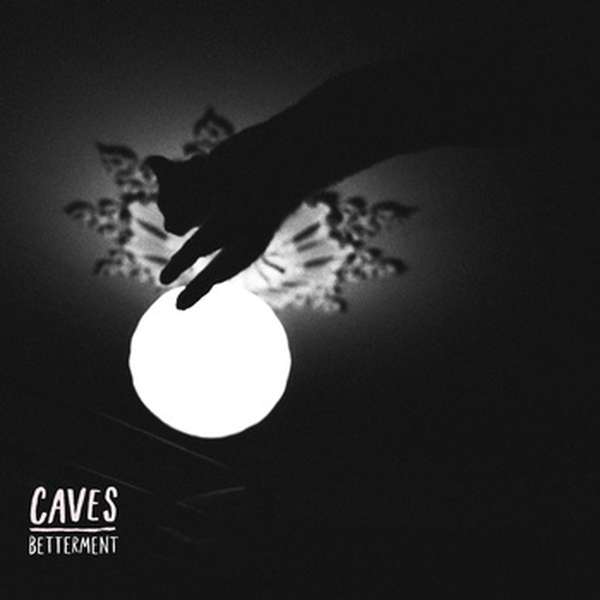Generally speaking, I’ve spent a lot of time the past half-decade (or maybe decade) listening to two subsets of DIY punk: gruff melodic three-chord arrangements, and pop-punk with soaring melodic layers. I won’t say I limit myself to that by a long shot, but it’s sort of what I gravitate toward. Caves are a UK band that fall somewhere on the edge of the soaring scene.
Where much of my listening is vocally rough-around-the edges, Caves is raw and blunt. It’s mid-tempo punk-influenced tuneage that doesn’t neatly fit the genre descriptions, reminiscent of the ‘90s alt rock in that sense (including the use of fuzzy guitars that add depth) with shades of bands like RVIVR at other times.
Always Why is the band’s third album and it’s still the emotion that dominates their songs of uplifting music contrasted with lyrics of heartbreak and finding oneself. “Asleep” starts the record with a minute of guitar before going into the “why do I” point-of-view that drives the album’s lyricism. The music itself is positive in sound but with a longing that harshly cuts through the sunshine.
It’s music for a partly cloudy day, just when you think the sun is going to break through the clouds.
To keep building on the ‘90s metaphor, it’s partly cloudy but it’s not drowning in a cold Seattle rain either. Caves straddle emotions and tempos. “Dangerous” is slowed down but keeps the personal connection. It’s a head bopper and not a pogo song, while the guitars toy around in fuzzy riffage. “Need It More” is one of the peppier jams. A couple of standouts include “16” and “Understand.”
One of the unique elements of the band is their satisfaction with less-is-more. The fuzzy guitars and interplay between instruments gives depth, but they minimize some punk tropes du jour, letting a lead singer carry the emotional weight steadily across all 13 songs. The emotional pleas are in the melodies and vocals instead of through tempo or volume shifts, sing-along’s or vocal tradeoffs.
The sun manages a few tantalizing rays on this record, but Caves never take the direct approach. Instead, Always Why is about anticipation and uncertainty, not about the reward.





